Did you know that the American Optometric Association recommends ~3 eye exams before your child starts kindergarten? One at 6 months, one at age 3, and one at age 5? We don’t generally see children under age 4, but are happy to recommend other offices in the area that specialize in infant and toddler exams!
Pediatric Eye Exams
Did you know that we start examining children in our office at age 4? If your child has never had an eye exam before, we would be more than happy to see them! We love our pediatric patients!
New eyewear lines!
We are now a proud distributor of Fysh and Kliik Eyewear! If you just pop a pair on, you’ll look exactly like one of these models. You just won’t know which one until your lenses are done. Does anybody read these blog posts? Hello? Anybody there?
New FUNKY sunglasses!
We are now a distributor for Etnia Barcelona SUNGLASSES! We have been doing so well with their ophthalmic frames that we decided to bring in their sunglasses as well.
It's almost Spring!
And how lovely it is to finally see the sun peeking out again! Remember: Just like your skin can burn when exposed to the sun's harmful rays, your eyes can suffer as well. Luckily, we offer a wide variety of options for sun protection. Probably our most popular option lately has been our Eco frames, which all come with a magnetic sun clip (at no extra charge)! These have been flying off the shelf since we got them in about 2 years ago and are our top seller. Another popular option is for us to make you a separate pair of prescription sunglasses. Most vision insurance companies will give you a large discount on this additional pair of Rx sunglasses, since protecting the eyes from harmful UV light is so important. We recommend going with polarized sun lenses when possible, as the polarization will provide you with extra protection from sun and glare, which is especially important with such water sports as fly fishing or paddle boarding.
There are 2 other options available to you. First, there is the option to have your clear ophthalmic lenses made into "transitions" lenses, which makes the lenses turn into sunglasses as soon as you step outdoors. The second option is to have us make you a pair of magnetic sun clips, which are custom-designed to snap onto your new glasses (if not picking an Eco frame). If you are wondering what the best option is for you, feel free to stop in and talk to us about your visual and sporting needs! And….here’s a random stock image of a guy enjoying his Spring Break with apparently a cigar and Rayban sunnies. Does anybody even read these entire blog posts? You’re welcome.
Should I get my eye exam done online this year?
There is no FDA-approved computer system or app that substitutes an in-person eye exam with an actual eye doctor. The American Optometric Association President explains that “patients need to be wary of any company that claims its device can replace the care that a doctor provides.”
Online exams attempt to replace several critical components of an eye exam with your optometrist, one being the refraction test. The is the test that asks “which is clearer, 1 or 2?” The refraction determines your prescription; there is no way to accurately check this remotely. Also, more importantly, there is no great way to assess your ocular health remotely. Findings such as diabetic retinopathy, glaucoma, macular degeneration, ocular melanomas, retinal tears, retinal holes, and retinal detachments often have no symptoms early on and cannot be properly diagnosed remotely.
The TOP FIVE foods for eye health
It is a well known fact that carrots are good for the eyes. However, are there other foods that may be even better? In recent years, there has been more research done on the relationship between nutrition and eye health. Here, I hope to provide you with a brief summary of some of the most powerful foods that you can eat to protect your baby blues through the years.
1) Leafy Green Vegetables
Greens such as spinach, kale, collard greens, and Brussels sprouts are packed full of lutein and zeaxanthin, two antioxidants that greatly reduce your risk of macular degeneration, an eye disease that can lead to blindness. Many Americans are low in these antioxidants, which are only obtained through diet. Can’t stand the taste of uncooked kale or spinach? Try adding them to a smoothie with your favorite fruits, for a nutrient-packed breakfast.
2) Bell peppers
Just one yellow or orange pepper gives you about 4 times more Vitamin C than an orange! Vitamin C has been shown to reduce the risk of developing macular degeneration as well as slow the onset of cataracts. Other great sources of Vitamin C include broccoli, cauliflower, strawberries, and kiwi. Next time you make a salad, why not put some chopped bell peppers and strawberries on top? Delicious!
3) Nuts and seeds
Almonds make a delicious mid-day snack and are rich in Vitamin E and zinc, both of which can protect your eyes from free radical damage. Other great sources of Vitamin E and Zinc include sunflower seeds and peanuts.
4) Salmon
Those who eat fish rich in Omega-3s such as salmon, tuna, and halibut 2-3 times a week are at a lower risk for developing macular degeneration down the road. Additionally, these foods help provide relief from dry eyes. For the vegetarians out there, other great sources of Omega-3 Fatty Acids include flax seeds, soybeans, and walnuts.
5) Sweet potatoes
Providing even more Vitamin A than carrots, sweet potatoes help protect against dry eyes and night blindness. Other great sources of Vitamin A include mangoes, peaches, and yellow squash.
Though most eye diseases such as cataracts and macular degeneration occur in the later years of life, the processes that lead to their development begin much earlier. A lifetime of good health will yield its benefits down the road, and it is never too late to take the first step into a healthy lifestyle. A multivitamin can provide you with some of the vitamins I mentioned, but the best source is through diet. So, fill your plate with variety and color. Here’s to years of great health!
Thank you for a great year!
As the end of the year is nearing, we wanted to take a minute and give a BIG thank you to all of you! We appreciate your continued support of our small, family-owned business. Thanks to you all, we bounced back after COVID closures just fine and are now busier than ever. Cheers to 2022 and a new year!










